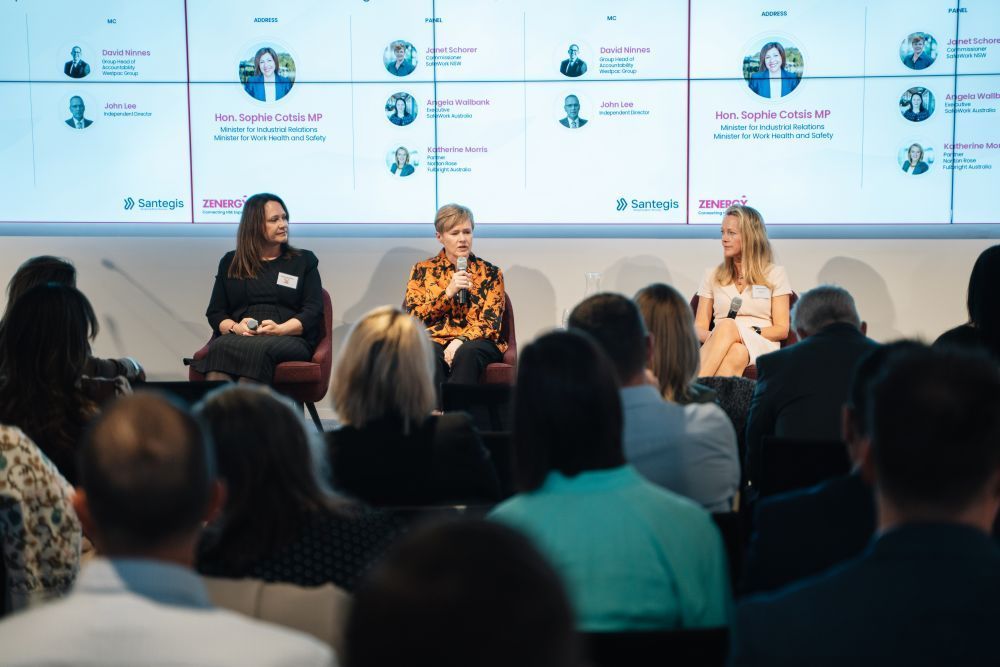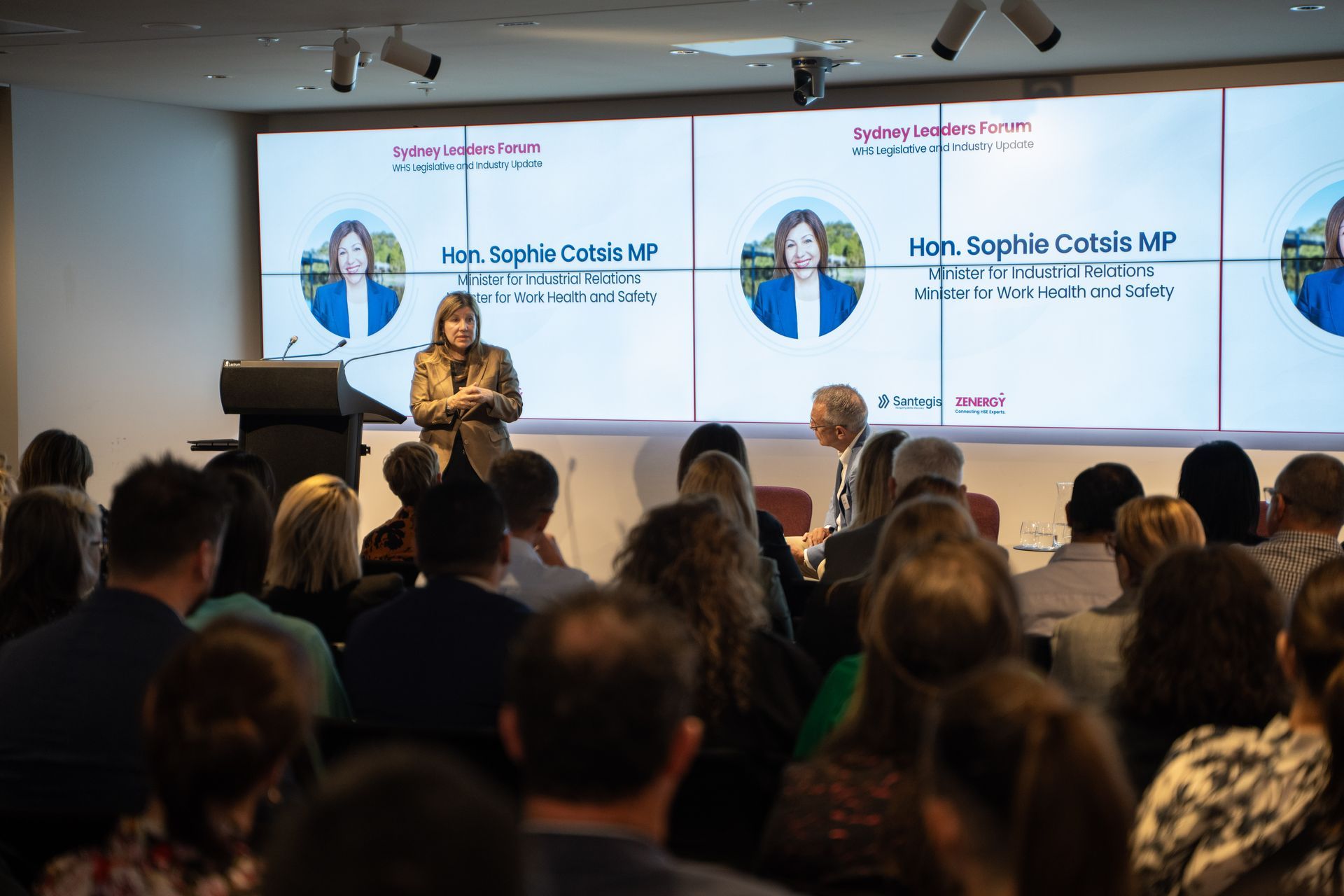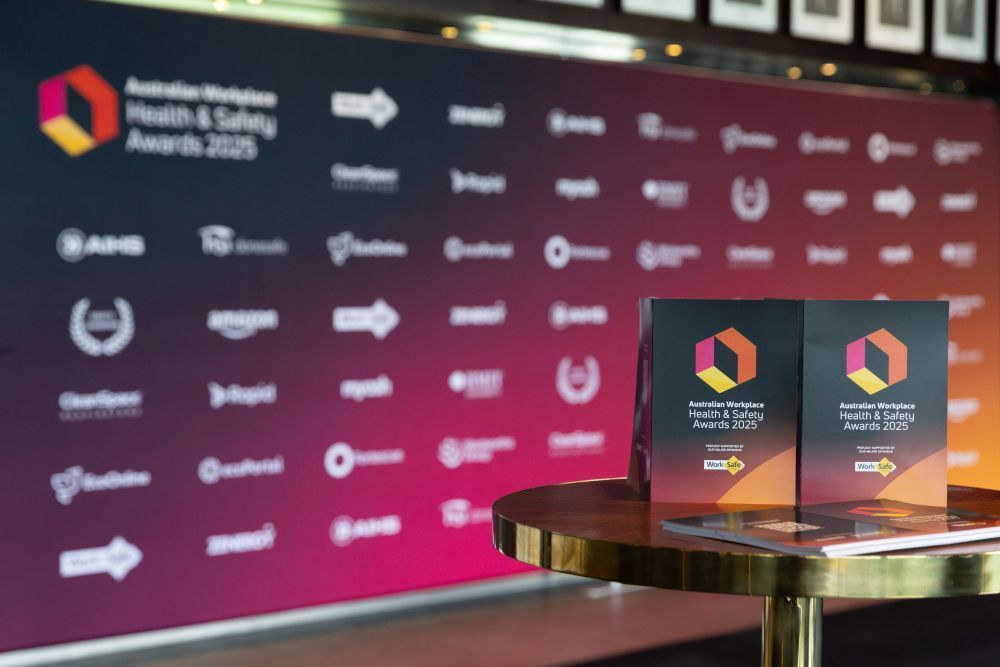WHS appointments form part of record $1.8m EU
A city-based PCBU will employ a WHS coordinator to service regions lacking safety expertise, and develop an app that ensures hired equipment matches proposed jobs, in a record $1.8 million-plus undertaking prompted by a crane fall.
Construction company AW Edwards Pty Ltd said it recognised that its sites in regional areas that were presently managed from Sydney would benefit from a dedicated WHS resource after the incident in Taree, NSW.
In May 2017, the 50-tonne hydraulic crane tipped over at the Manning Base Hospital carpark redevelopment project, where AW Edwards was principal contractor.
The crane came to rest on scaffolding and two rear outriggers, with all four wheels off the ground.
The crane operator jumped from the crane while it was tipping and suffered serious injuries, including a broken leg.
The PCBU was charged with breaching sections 19(1) and 32 of the NSW WHS Act, before entering the enforceable undertaking (EU) with SafeWork NSW, in lieu of prosecution.
It responded to prohibition and improvement notices issued shortly after the incident by establishing an exclusion zone around the site until the crane was righted and scaffolding and formwork were in place, and ensuring a licensed dogman was used for mobile crane work.
It spent $107,100 on WHS certificate IV training for all third and fourth-year cadets and supervisory staff, and also provided leadership and management training for the latter.
According to the EU document, AW Edwards was spending $514,000 over the next three years to employ the WHS coordinator to be based at its Port Macquarie office. The coordinator would collaborate with teams across the business to ensure it applied a best practice and uniform approach to managing health and safety.
It also committed $856,000 to recruiting and training three mid-north coast trainee WHS coordinators under a three-year “Young Worker’s Program”, who would be menteed by the WHS coordinator and assist the coordinator on a day-to-day basis on various projects.
AW Edwards was also developing a mobile phone application, at a cost of $485,000, to allow crane hirers and crane providers to share information to ensure correct cranes were selected for tasks and projects, the EU document said.
Inadequate communication about proposed lifts resulted in cranes being used to lift loads exceeding safe working limits and inadequate safe working documentation that failed to identify risks, it said.
There was currently “considerable risk” in the construction industry arising from unsuitable cranes being provided to sites to avoid delaying work until suitable alternative plant could be sourced, the document said.
The mobile application would reduce the occurrence of unsuitable cranes being delivered to sites by ensuring operators and providers had all the information they needed determine the type of crane required for the job, it said.
As reported by OHS Alert in May 2011, AW Edwards was fined $100,000 for safety breaches after a crane lifting a concrete panel tipped over, struck high-pressure gas bottles, penetrated the roof of an occupied bus and narrowly missed a worker in 2008 (see related article).
The total estimated spend of its new EU of $1,855,000 was the biggest WHS EU spend in NSW history, surpassing the previous record (see related article) by $300,000.






